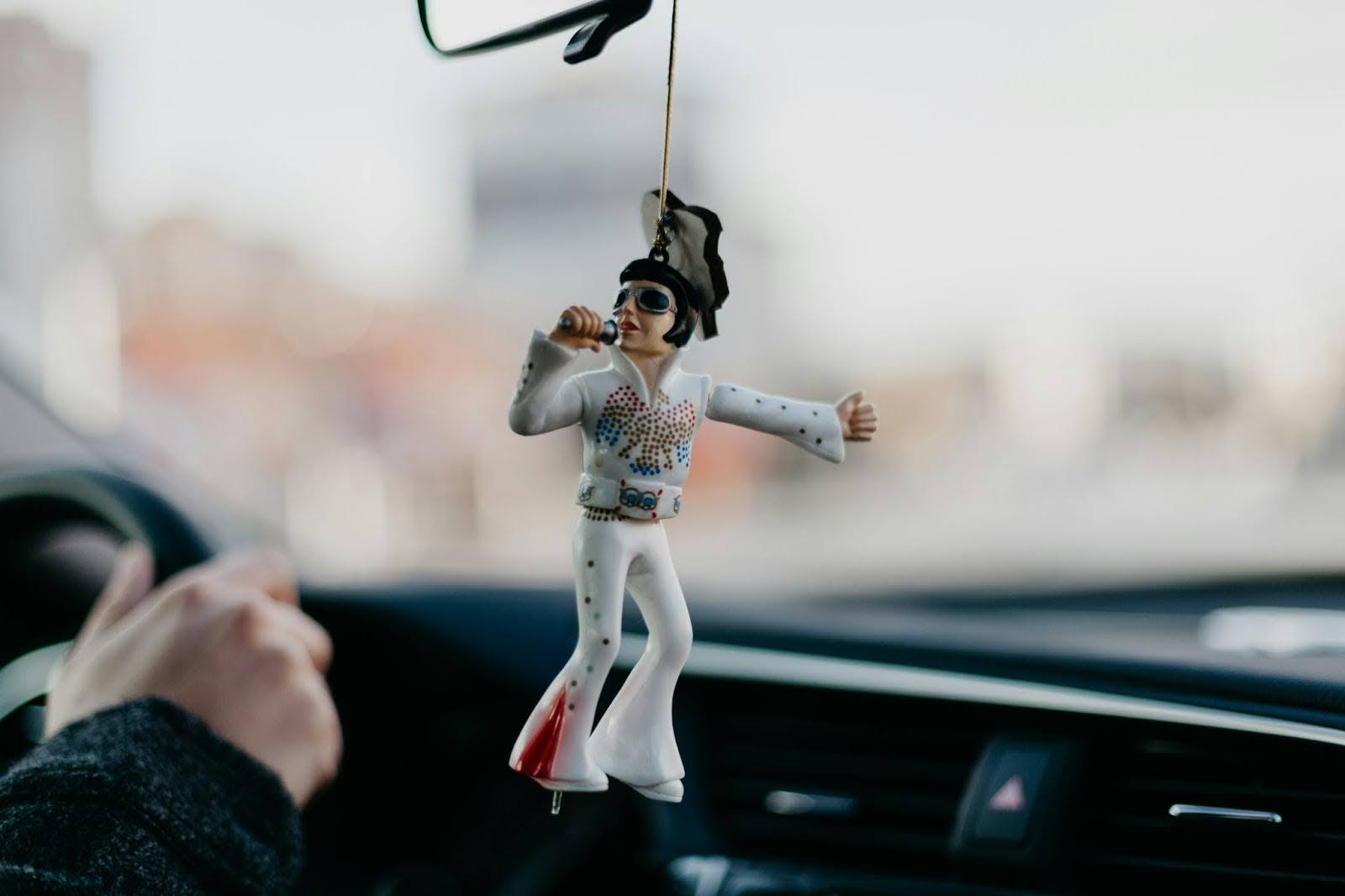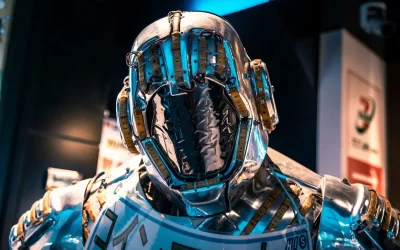How much ownership do you have over your own voice? It may be something you’ve simply taken for granted for most of your life. However, for musicians, podcasters, and voice actors across the country in the past few years, this question has become much less hypothetical. AI “deep fakes” matching their own voice go viral on TikTok, and it often seems there’s little professionals can do to protect the main asset of their livelihood.
The ELVIS Act may change that — at least in Tennessee. It could also set an important precedent for the nation.
What Is the ELVIS Act?
The Ensuring Likeness Voice and Image Security (ELVIS) Act, cleverly named after the late king of rock and roll and Tennessee native, is an amendment to the Tennessee Personal Rights Protection Act of 1984. The TPRPA protected the image and likeness of an individual from being used without their knowledge or consent in a way that benefits the infringer. ELVIS, however, extends to voice.
This act is a response to the trend of “deep fakes” that have become popular across social media. Through the use of AI, users can create deep fake audio clips that sound startlingly realistic. Some that have become popular include a Johnny Cash “cover” of “Barbie Girl,” and the 2023 single “Heart on My Sleeve,” supposedly by Drake and The Weekend but actually involving neither musical act.
The ELVIS act protects against both the unauthorized use of the users actual voice and lifelike simulations that are used in deep fake clips.
Who Does the ELVIS Act Protect?
The ELVIS act protects any artists in Tennessee who use their voice as a critical part of their work. This includes:
- Singers, musicians, or musical acts
- Comedians
- Podcasters
- Voice actors
It can be unnerving for anyone to hear their own voice saying or singing something that they know they never did, but this is doubly true for a vocal performer whose livelihood is in their voice. More concerningly, if AI allows users to create a convincing deepfake song, there’s nothing that stops them from using deepfake to have a performer supposedly endorse a political candidate, a product, or make statements that could harm the professional’s career.
With the ELVIS act, professionals can both distance themselves from deep fakes that circulate but actually take action against those deep fakes and have them taken down.
Other Initiatives to Combat AI Deep Fakes
The ELVIS Act will only apply to Tennessee. However, there are other initiatives going into effect that also hope to protect artists from deep fakes. On the federal level, Congress has been working on the No Artificial Intelligence Fake Replicas And Unauthorized Duplications Act (NO AI FRAUD Act) and the Nurture Originals, Foster Art, and Keep Entertainment Safe Act (NO FAKES Act). If these pass, they would stand to protect artists across the country from having their voices replicated without their knowledge or consent.
Until then, if you want to protect your intellectual property — or have questions about what you can protect — Garcia-Zamor is here to help. With over two decades of combined experience in IP law, we have you covered whatever your IP needs may be. Contact us today to learn more.







